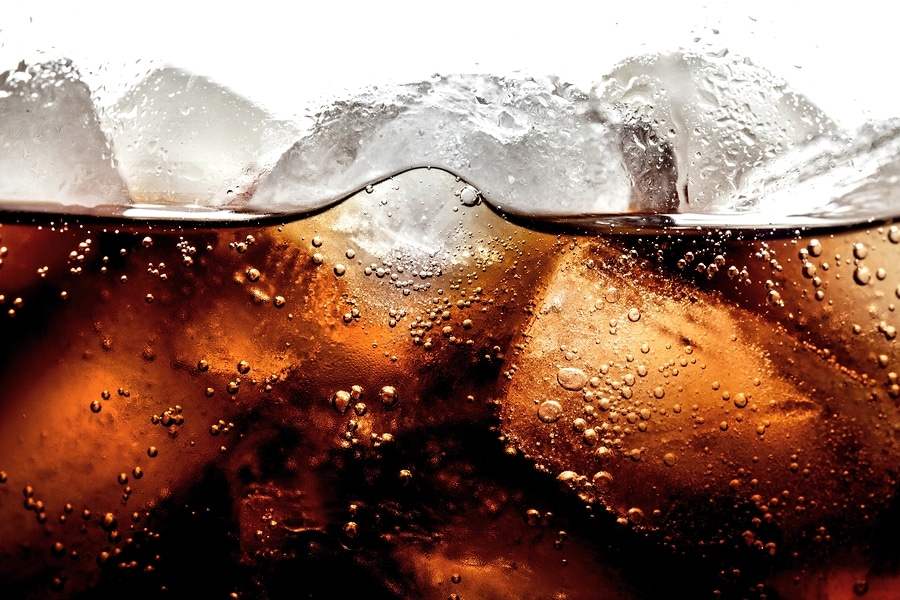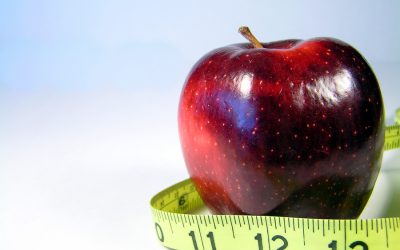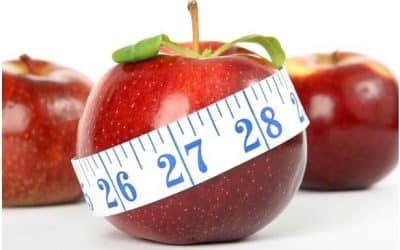Sugar isn’t good for your health, and so are sugary drinks. With an average of 39 grams of sugar (more than 9 teaspoons) and 150 calories, sugary drinks aren’t good for your waistline either. According to a new study, switching sugary drinks with diet sodas barely lead to loss of calories as part of weight loss plans for men or women.
The study attributed this finding to the fact that you’re more likely to consume a similar amount of calories from other foods by the end of the day. Various ongoing studies are still investigating the impact of sugar-free sweeteners on the human brain and body.
A study was carried out in Singapore to find out the impact of sweeteners on blood sugar and appetite. With 30 male respondents, the study involved breakfast being served daily, followed by a beverage a few hours later till their next meal was served.
Stevia (a plant-based sweetener), the artificial aspartame sweetener, sugar, or monk-based sweetener (obtained from monk fruit) was used to sweeten the beverages. Based on crossover design, the randomized trial saw each respondent given a different beverage for the four days the study lasted.
Each participant was asked to eat until they felt full at lunch time. Meals and foods eaten in a day were recorded in a home food journal by each respondent. The results obtained from the study were stunning.
Despite minimal sugar consumption through sugar-free or sugar-sweetened beverages, the total amount of calories consumed by each respondent in a day remained the same. A typical beverage sweetened with sugar contains approximately 250 calories, translating to 65g of sugar or 20-ounce juice or soda.
Unlike respondents who had sugar-sweetened drinks, those who had calorie-free drinks ate more at lunch, balancing out their total consumption of energy. As a result, daily calorie intake averaged 2,300 for all beverage groupings. The drinks taken by respondents didn’t seem to affect what they had later on in the day after leaving the site of study.
According to the study’s lead author and a previous research fellow at the Science, Technology and Research Agency of Singapore, Siew Ling Tey, in a press release, “Subsequent meals completely compensated for the energy ‘saved’ when calorie-free sweeteners were used instead of sugar sweeteners.”
However, respondents who consumed diet drinks didn’t over eat during lunch despite feeling hungry prior. They only ate a little more than their counterparts who consumed sugar-sweetened drinks to compensate for the less calorie-intake. The respondents didn’t continue eating excessively after they left the site of study.
Blood samples were also obtained from study participants by the researchers, every day, prior to and after lunch. The samples were screened to test blood glucose levels and insulin responses in each participant. Respondents who consumed sugar-sweetened beverages experienced spikes in both elements within an hour after consumption whereas those who had calorie-free drinks experienced even more spikes after lunch.
Total change of glucose in all the respondents who consumed different beverages within the testing period that lasted three hours was almost the same. The study outcomes were published in the International Obesity Journal. According to the study author, their findings contradict a recent study outcome.
In the study, replacing sugar-sweetened drinks with calorie-free beverages reduced general calorie-consumption in respondents who lost weight in the end. However, both studies have one similarity. Food overconsumption didn’t result from drinking beverages with calorie-free sweeteners, at least not more than a respondent’s normal calorie-intake.
Furthermore, the two studies state that switching sugar-sweetened drinks with sugar-free options accompanied by good eating behaviors (not aimed at compensating for the ‘saved’ calories) can likely lower calorie-consumption hence weight loss.
According to the two study findings, it takes close attention to portion sizes, choice of meals and snacking habits to totally reduce calorie intake and lose excess weight. This information is worth noting the next time you want to quench your thirst.
What’s more, there are several calorie-free choices of healthy drinks that you can consume without worrying about increasing your calorie-intake. For instance, unsweetened tea and water are not just healthy, but also natural and hydrating.
Creating a Weight Loss Plan With Mediplan Diet
It takes a good diet plan and regular exercise to lose weight and keep off the excess fats or calories.
1. Find Your BMI
Before creating a weight loss plan, you need to know your Body Mass Index (BMI) and nutrient needs. Find out how much your body needs in terms of carbohydrates (calorie-intake), proteins, vitamins, minerals, etc. based on your body’s mass index.
2. Create a Diet Plan
With this information, we can determine your daily food intake and how much calories to consume daily. As a result, you learn to pick the foods to feature on your diet. A good diet plan rotates different foods, ensuring that you consume food from all food groups.
Replace sugary snacks with fruits to keep your calorie-intake at the minimum.
3. Exercise Regularly
The best weight loss plans for women and/or men also feature regular exercise. Workout at least 30 to 90 minutes daily to burn excess fats in your body. Exercise also comes with numerous other benefits such as gaining fitness, shaping up and improving your cardiovascular system among other advantages.
The best time to work out is early in the morning before doing anything. Blend different kinds of exercises to benefit from what each has to offer. For instance, weight lifting strengthens body muscles while running improves your heart function while facilitating weight loss.
4. Practice, Practice, Practice
Rome wasn’t built in a day. Practice your healthy diet plan to make it part of your life by developing healthy eating and exercising habits. It takes discipline to keep up with your diet and workout plan. Motivate yourself to keep working out and eating healthy meals as part of your plan to lose weight.
By ensuring that you eat your meals in the right portions and exercise as scheduled for at least 30 minutes daily, you won’t just lose weight, but also keep your newly attained body shape and size. In the end, you develop the good habits through total lifestyle change.
Contact Mediplan Diet to help you create the best weight loss plans for your need to shed off excess calories.
Learn More Weight Loss Tips and Tricks Here!
Unlock Your Weight Loss Potential with MediPlan Diet Services
Are you ready to take control of your health and finally achieve your weight loss goals? At MediPlan Diet Services, we offer a comprehensive, doctor-supervised program designed to provide you with the tools, support, and guidance you need to lose weight and keep it...
Top Foods for Weight Loss: Fuel Your Body the Right Way
When it comes to successful weight loss, what you eat plays a critical role. The key to shedding pounds is not about depriving yourself or following extreme diets, but rather about making smart, sustainable food choices that support your goals. At MediPlan Diet...
The “Committed to Lose” Club: Helping You Stick to Your Weight Loss Goals While Saving Money
At MediPlan Diet Services, we believe that achieving your weight loss goals shouldn’t just be a temporary change—it should be part of a lasting, healthy lifestyle. However, we also know that staying committed to a weight loss journey can be challenging without the...




